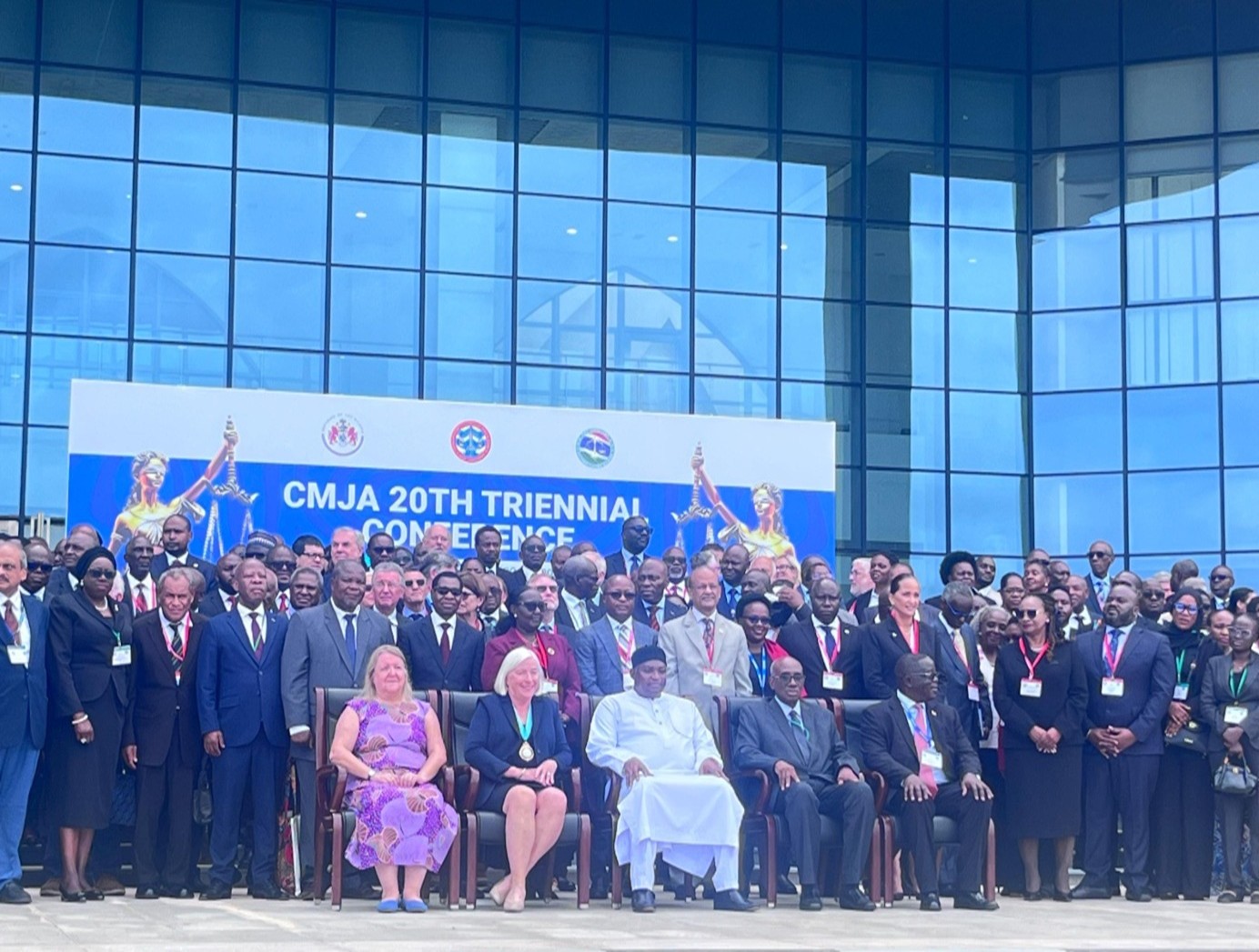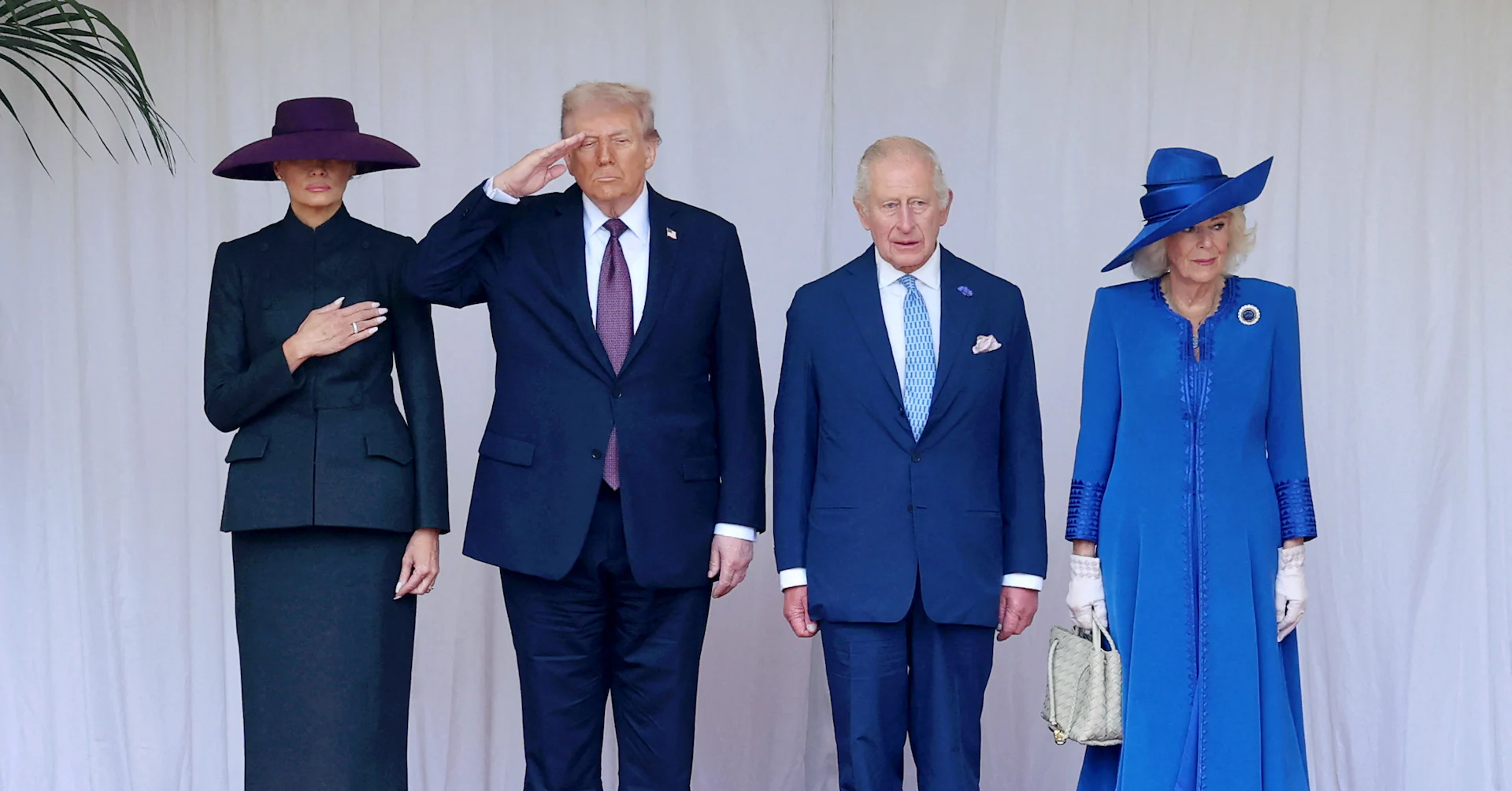By Mariama A. Darboe
Copyright thepoint

The Gambia’s own judiciary reforms include modernised court procedures, specialised commissions, and landmark laws such as the Access to Information Act and the Torture Act. However, Barrow stressed that embracing innovation must be balanced with safeguarding impartiality, due process, and judicial independence.
He urged magistrates, judges, and legal practitioners to share best practices and devise strategies that ensure timely, fair, and accessible justice, particularly for the vulnerable and marginalised, while strengthening public confidence in the rule of law.
President of CMJA, Justice Lynne Leitch, highlighted the urgent need for judicial innovation to address the evolving challenges facing courts across the Commonwealth.
She pointed out that regulation of judicial justice increases rising public expectations for efficiency and transparency, and the growing use of technology, including artificial intelligence, as areas demanding careful attention. While acknowledging that AI can support tasks such as streamlining court processes, aiding mediation, and facilitating alternative dispute resolution, Lynne stressed that ultimate judicial decision-making must remain exclusively with judges to maintain public trust and confidence.
“At the same time,” she cautioned that such changes must be carefully balanced with preserving the core principles and values of the judiciary, ensuring that modernisation strengthens rather than undermines justice.
Chief Justice of The Gambia, Hassan B. Jallow, in his remarks warmly welcomed delegates to the 20th Commonwealth Magistrates and Judges Association (CMJA) Conference in The Gambia, acknowledging the presence of over 300 delegates and 40 accompanying persons from across 43 Commonwealth jurisdictions. He praised the collaborative efforts of the Gambian government, the judiciary, and institutions such as the Gambia Law School and the General Union Council in making the conference possible.
Jallow emphasised the importance of judicial independence, transparency, and public confidence as foundational pillars for quality justice and good governance. He further highlighted The Gambia’s ongoing judicial reforms, noting the government’s support in enhancing efficiency, strengthening legal frameworks, and improving conditions of service for judicial officers, affirming that the country has a committed partner in the executive branch for the promotion of justice, peace, and democracy.



